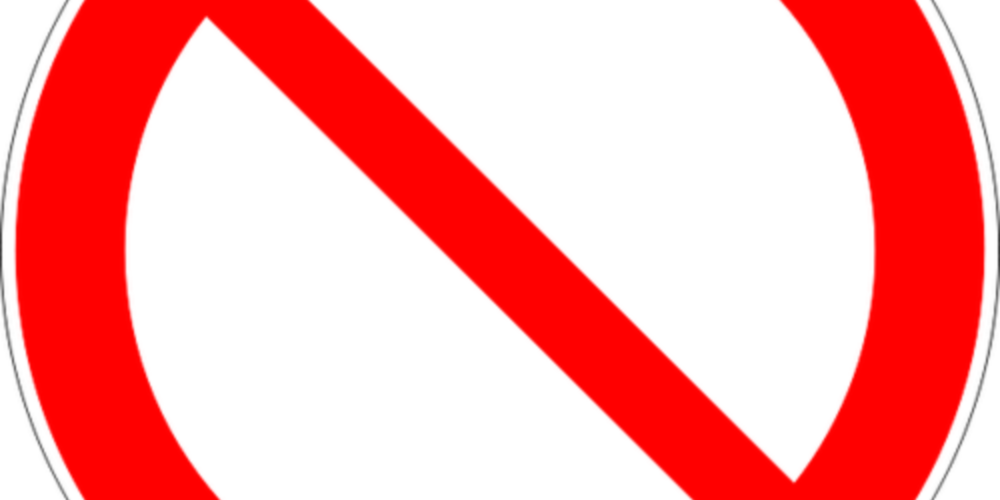New Loot Box Regulations in the Netherlands
Posted: August 19, 2022
Updated: August 19, 2022
-
Is this the end of loot boxes?
-
Multiple publishers are pulling their games from the Netherlands
-
What do loot box regulations in the Netherlands mean?

Loot boxes are consumable virtual items in video games that award players with a variety of items based on chance. They are fully based on luck, and anyone can get hooked fairly easily. Furthermore, loot boxes are the most common type of microtransaction in video games.
Most free games get their revenue mainly from microtransactions, but they sometimes appear in full-priced games as well. So in this article, we’ll explain the ongoing loot box regulations in the Netherlands.
Because of their nature, loot boxes and microtransactions are seen as a form of gambling. You pay a small amount of money in return for a small chance for something good. And if you follow eSports or big-scale online games such as FIFA, Call of Duty, or others, you might have heard of the recent loot box regulations in the Netherlands.
The Current State of Loot Box Regulations in the Netherlands
In July, reports emerged that the Netherlands is planning to ban in-game loot boxes. The country is following Belgium’s example, which banned such loot boxes earlier this year. Since then, publishers like Nintendo, Blizzard, and Konami have stopped selling loot boxes in the country. While loot boxes are considered a form of illegal gambling, eSports betting is still pretty popular and legal. Such events can easily be found on online sportsbook sites in the Netherlands.

The country also regulates Twitch, the biggest streaming platform in the world, because of items like channel point predictions. Six political parties are backing the passing of the bill and this would ban loot boxes in every game sold in the Netherlands.
The main reason for these regulations was the exposure of minors to certain forms of gambling. Children often purchase loot boxes without consent and there is no return policy on these items. The new bill mostly damages the big game publishers like Blizzard, whose revenue relies heavily on microtransactions.
The Beginning and the Alternatives
The six parties whose representatives filed the motion are the Christian Democratic Appeal, Christian Union, People’s Party for Freedom and Democracy, Socialist Party, Democrats 66, and GreenLeft. Electronic Arts and FIFA were the initial reasons why this movement started. The Netherlands Gaming Authority attempted to regulate loot boxes back in 2019 but failed to do so. This new motion describes loot boxes as addictive but the current legal definition doesn’t say this.
The motion contains words like addictive, burden, bills, and disruptive. As a result, certain consumer associations from almost 20 EU nations are seeking the same as the Netherlands. There is a lot of confusion around these regulations but Blizzard already decided to not release Diablo Immortal to avoid consequences. While there are currently no FIFA tournaments on 22BET Sportsbook you can follow games like CS: GO, Call of Duty, and Valorant. All of these games have loot boxes which are still available in the Netherlands too.
Click here to try €/$100 bonus at 22bet Sportsbook











